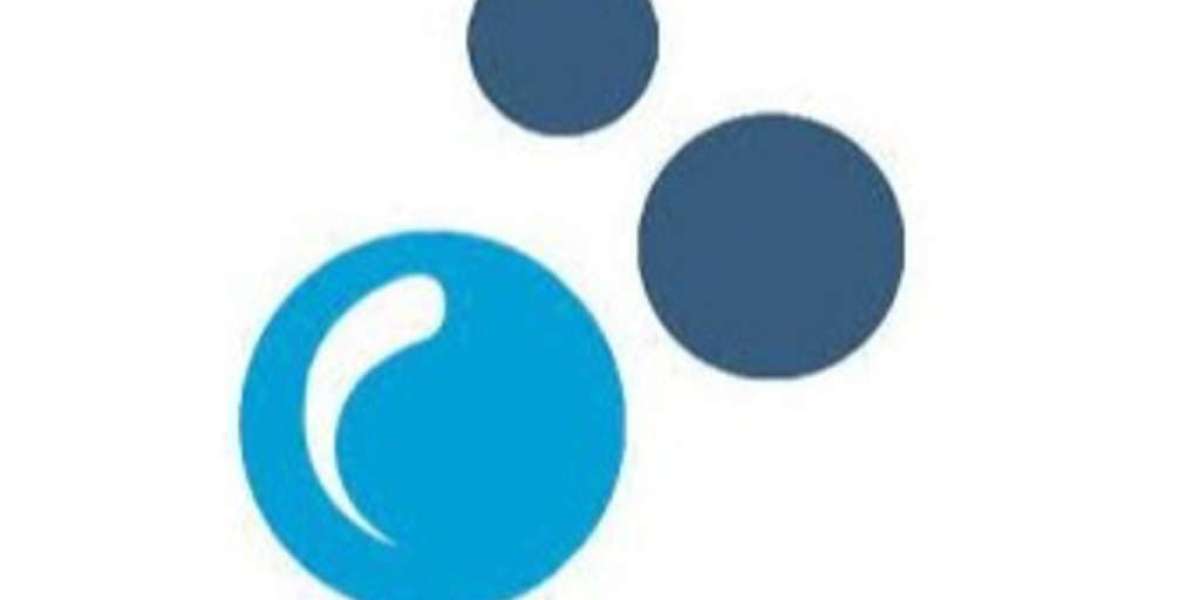In today's digital world, corporate data is one of the most valuable assets. With a staggering 60% of companies reporting data breaches in the past year alone, it’s more important than ever to protect your sensitive information. Data breaches not only result in financial losses but can also severely damage a company’s reputation. But here’s the catch: Most organizations focus heavily on securing data in real-time, yet they fail to pay adequate attention to archiving.
Corporate data archiving isn't just about storing files. It’s about preserving, protecting, and managing data in a way that mitigates risks and ensures that your information remains secure and compliant with regulatory standards. In this post, we’ll explore why professional archiving solutions matter in today’s security landscape and how they can safeguard your data for the long term.
Understanding Corporate Data Vulnerabilities
Data breaches don’t just happen overnight. They’re the result of vulnerabilities in your infrastructure. Here are the most common threats to corporate data:
- Hacking and Cyber Attacks: Cybercriminals are getting smarter, using tactics like phishing, ransomware, and data exfiltration to breach corporate networks. A breach can occur through email attachments, unsecured networks, or even a weak password.
- Insider Threats: Believe it or not, insiders—employees or contractors—are responsible for a significant number of breaches. Whether intentional or unintentional, insider threats can wreak havoc on a business’s security.
- System Failures: Technical issues, from corrupted databases to server crashes, can cause significant data loss, leaving your business vulnerable to downtime and operational halts.
- Lack of Proper Encryption: Not encrypting sensitive data during storage or transit opens the door for hackers to access information without facing much resistance.
Take the example of Equifax, which suffered a breach in 2017 affecting 147 million Americans. This breach could have been mitigated had sensitive data been better managed, archived, and encrypted. The financial cost? Over $700 million in settlements.
In such a climate, data security is not just a priority—it's a necessity. Organizations need to stay ahead of the curve to avoid these vulnerabilities from compromising their operations.
What Is Professional Data Archiving?
Professional data archiving is more than just saving old files. It involves securely storing and organizing your data so that it is not only preserved but also accessible when needed, without posing a security threat.
Here’s the difference:
- Simple Storage: Think of this as the digital equivalent of a filing cabinet where you dump data, hoping you can find it later.
- Professional Archiving: It’s a systematic approach to organizing, encrypting, and indexing data to ensure that it remains safe, compliant with regulations, and easily retrievable when needed.
The focus is on securely storing inactive or historical data, keeping it out of the way of your daily operations while still ensuring it can be accessed during audits or disaster recovery.
Why is this so important? Because old data often presents an unseen security risk—if it's not properly archived, it may remain exposed, creating opportunities for hackers to access valuable information.
Benefits of Professional Data Archiving
1. Data Security
Archiving old data helps reduce the risk of unauthorized access. By moving inactive data to a more secure environment, you decrease the chances of it being compromised. With the right encryption protocols in place, archived data is kept safe from both external hackers and internal breaches.
2. Compliance
Many industries, especially those in healthcare, finance, and government, are required to retain records for years, sometimes decades. Professional archiving ensures that your data is in compliance with regulations like GDPR, HIPAA, and SOX. This not only protects you from penalties but also enhances your credibility with customers and stakeholders.
3. Cost-Effectiveness
Storing data can get expensive—especially if you're holding onto massive amounts of inactive data. Professional archiving can reduce the need for high-cost storage systems. By using specialized storage solutions, companies can save up to 40% on their data management expenses.
4. Disaster Recovery
Data loss can cripple a business. In the event of a cyberattack, natural disaster, or system failure, professional archiving ensures that your data is securely stored off-site. This makes disaster recovery seamless, allowing you to recover quickly without the risk of losing important information.
Key Features to Look for in a Data Archiving Solution
When choosing a professional archiving solution, it's essential to consider the following features:
1. Encryption and Security Protocols
Look for an archiving solution that uses AES-256 encryption to keep your archived data safe. This ensures that only authorized users can access it, reducing the likelihood of data breaches.
2. Data Integrity Checks
Over time, data can degrade, which means that old files might become corrupted. A professional archiving solution should have built-in integrity checks to ensure that archived data remains intact and accessible without errors.
3. Scalability
As your company grows, so will your data. Make sure your archiving solution can scale to accommodate increasing data volumes without compromising performance. Many cloud-based solutions offer this flexibility, making them ideal for growing businesses.
4. Search Ability and Accessibility
The primary purpose of archiving is to store data securely while maintaining the ability to retrieve it when needed. Choose a solution that allows you to easily search, organize, and access archived data at any time.
Conclusion:
Securing corporate data through professional archiving solutions isn’t just a good idea—it’s a necessity. With cyber threats, regulatory requirements, and the ever-growing need for data storage, professional archiving helps businesses ensure their data is safe, compliant, and accessible.
By adopting a professional archiving solution, you can reduce your security risks, save costs, and streamline your data management practices. If your business isn’t already leveraging professional archiving, now is the time to start.



